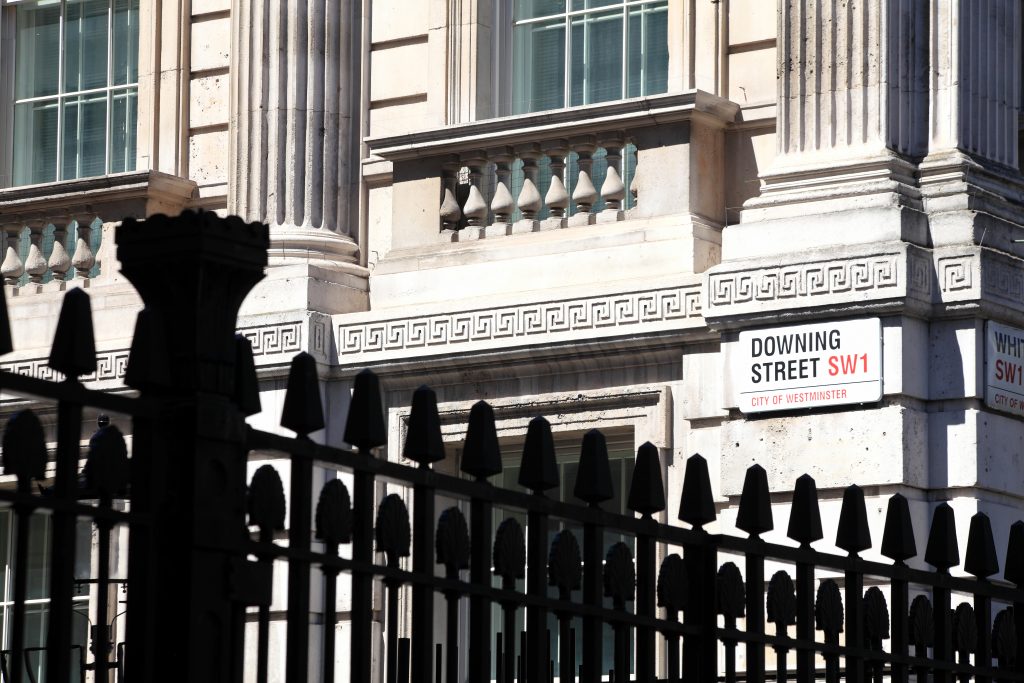
Pension changes on the horizon following Chancellor’s autumn Budget.
Pensions and retirement were mentioned very little in the Chancellor’s autumn budget speech, but even though much of the pension tax relief system remains unchanged there were some future changes announced in the full Budget documents (regarding both private and state pensions) over the next few years which are worth taking note of.
Changes to the state pension
In the autumn budget, the Chancellor confirmed that the state pension will rise by 3.1% from 6th April 2022, equating to a £289.60 annual increase for some pensioners.
Whether you receive your state pension under the new or old system (which will be determined by the age you are on 6th April 2022), the exact amount you receive will depend on factors such as your National Insurance contributions record and whether you have built up any additional state pension during your career.
Future review announced for pension charge cap
The Chancellor also announced a future consultation on the current charge cap on defined contribution pension schemes, in a move to make it easier for billions of pounds of pension savings to be invested in long-term projects (such as real estate and infrastructure).
Workplace pension schemes that are used for auto-enrolment are currently subject to a charges cap of 0.75%. To date, managers of these defined contribution pension schemes have avoided private equity and venture capital funds as the 0.75% cap could have been breached by performance fees.
In a bid to increase the money flowing into government infrastructure from UK pensions, this consultation aims to “better accommodate well-designed performance fees to ensure savers can benefit from higher return investment, while unlocking institutional investment to support some of the UK’s most innovative businesses.”
Whilst UK savers could see slightly higher charges as a result, they also have the opportunity to earn higher returns.
“Unleashing the UK’s pension savings on the country’s infrastructure and economic priorities could create a virtuous circle that benefits both businesses and savers.”
If this change goes ahead, it’s good news for savers as they will have increased options to invest more widely.
Good news for low earners
For some time now, campaigners have been calling for reforms for a new pension tax relief system that better serves low income earners. Rishi Sunak has announced that from 2024 a new system will be introduced which gives lower earners government top-ups to ensure they’re getting the tax relief they deserve. It’s predicted this could equate to a £354 annual boost for 1.2million individuals.
The end of the pensions triple-lock
It was confirmed in the autumn budget that September’s announcement to scrap the triple lock will go ahead. The triple lock usually guarantees that state pension payouts will increase by the highest of inflation, average earnings growth, or 2.5%. But with earning figures being artificially high from the coronavirus (with people returning from furlough) that element of the lock has been scrapped.
Even though some changes have been made in this Budget, many experts agree that pension reforms have not gone far enough.

